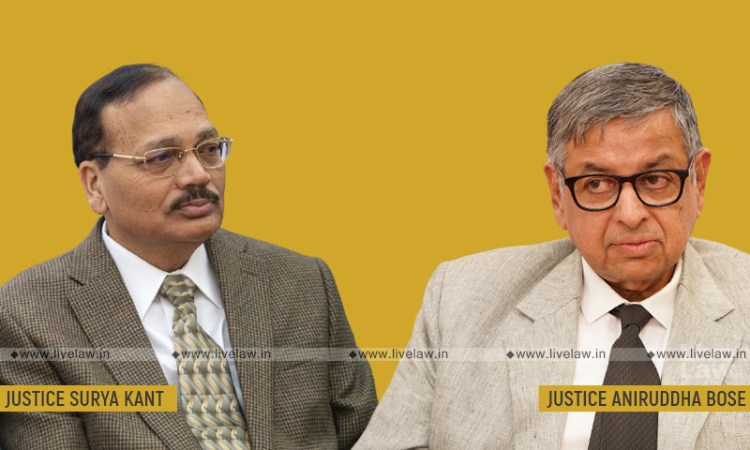Supreme Court Issues Show-Cause Notice To Appellant-Convict For Misleading It To Get Favourable Order
Mehal Jain
27 Dec 2020 9:13 AM IST

Next Story
27 Dec 2020 9:13 AM IST
The Supreme Court last week issued show-cause notice to a convict for misleading it by producing a wrong copy of a trial court's verdict to get a favourable order which had allowed him to walk free on payment of a fine only in a graft case. The bench of Justices Surya Kant and Aniruddha Bose, while issuing the notice to appellant S. Shankar, asked him why it should not recall the order...
